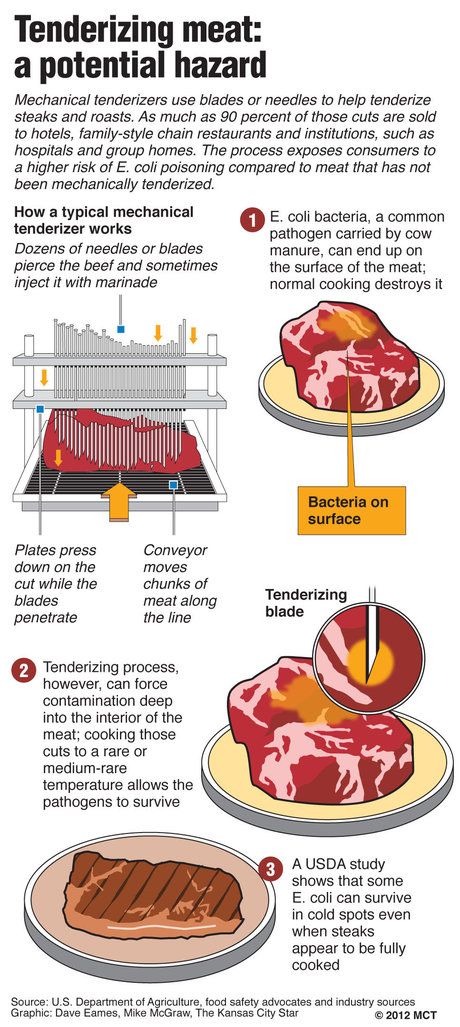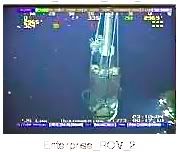Cross posted from The Stars Hollow Gazette
A rider to protect the biotech giant Monsanto from litigation was anonymously slipped into the bill, HR933, that averted the shut down have the government and signed into law by Pres. Barack Obama. The rider, known as the “Monsanto Protection Act,” has ignited a firestorm of protests not just from food safety advocates and environmentalists but from the right wing as well. Much of the ire has been directed at Sen. Barbara Mikulski (D-MD), chairwoman of the Senate Appropriations Committee, for not drawing attention to the rider. According the Amy Goodman, at Democracy Now, the rider was written by Sen. Roy Blunt (R-MO) with Monsanto’s help and initially was backed by Sen. John Tester (D-MT), who realizing the pernicious aspects of the rider to farmers, attempted to have it removed from the bill before it was passed. Sen. Tester failed to get the rider removed. The bill passed with the rider intact and was signed into law by Pres. Obama. On the bright side of this, the rider is temporary since the act expired in six months. It does raise wider issues of genetically modified organisms (GMO), their safety and protecting the food chain as opposed to protecting the right of a multinational corporation that wants to dominate and control food through seed supplies.
Ms. Goodman and her co-host, Aaron Maté. discuss the “Monsanto Protection Act” and the safety of genetically modified foods with two guests: Gregory Jaffe, director of the Biotechnology Project at the Center for Science in the Public Interest, a nonprofit consumer advocacy organization that addresses food and nutrition issues; and Wenonah Hauter, executive director of Food & Water Watch and author of the book, “Foodopoly: The Battle Over the Future of Food and Farming in America.”
Full transcript here
The IBTimes listed the most troubling aspects of the rider that was written by Monsanto lawyers:
1. The Monsanto Protection Act effectively bars federal courts from being able to halt the sale or planting of controversial genetically modified (aka GMO) or genetically engineered (GE) seeds, no matter what health issues may arise concerning GMOs in the future.
2. The provision’s language was apparently written in collusion with Monsanto.
-Many members of Congress were apparently unaware that the Monsanto Protection Act even existed within the Bill they were voting on.
3. The President did nothing to stop it, either. On Tuesday, Obama signed HR 933.
4. It sets a terrible precedent…The message it sends is that corporations can get around consumer safety protections if they get Congress on their side.
The article also revealed that Sen. Blunt has received over $60,000 from Monsanto in campaign contributions. Sen. Mikulski issued a statement that she “understands the anger over this provision. She didn’t put the language in the bill and doesn’t support it either.”
The controversial provision has also raised the ire of the right wing Tea Party
“It is not the purview of Tea Party Patriots to comment on the merits of GMOs — that is a discussion and debate for experts and activists within that field,” wrote Dustin Siggins, who blogs for Tea Party Patriots, on the group’s website. “From the perspective of citizens who want open, transparent government that serves the people, however, the so-called ‘Monsanto Protection Act,’ Section 735 of the Continuing Resolution, is one heck of a special interest loophole for friends of Congress.”
Food Democracy Now has begun a petition that has already been signed by 250,000, demanding that President Obama to issue an Executive Order requiring the mandatory labeling of GMOs.
Late last night President Barack Obama signed H.R. 933, which contained the Monsanto Protection Act into law. President Obama knowingly signed the Monsanto Protection Act over the urgent pleas of more than 250,000 Americans who asked that he use his executive authority to veto it. President Obama failed to live up to his oath to protect the American people and our constitution.
Today we’re calling on President Obama to issue an executive order to call for the mandatory labeling of genetically engineered foods.
Not only is GMO labeling a reasonable and common sense solution to the continued controversy that corporations like Monsanto, DuPont and Dow Chemical have created by subverting our basic democratic rights, but it is a basic right that citizens in 62 other countries around the world already enjoy, including Europe, Russia, China, India, South Africa and Saudi Arabia.
Join us in demanding mandatory labeling of GMO foods. Now’s the time!
Call President Barack Obama (202) 456-1111 or if that line is busy, please call (202) 456-1414 – then ask at least 5 of your friends to join you!


